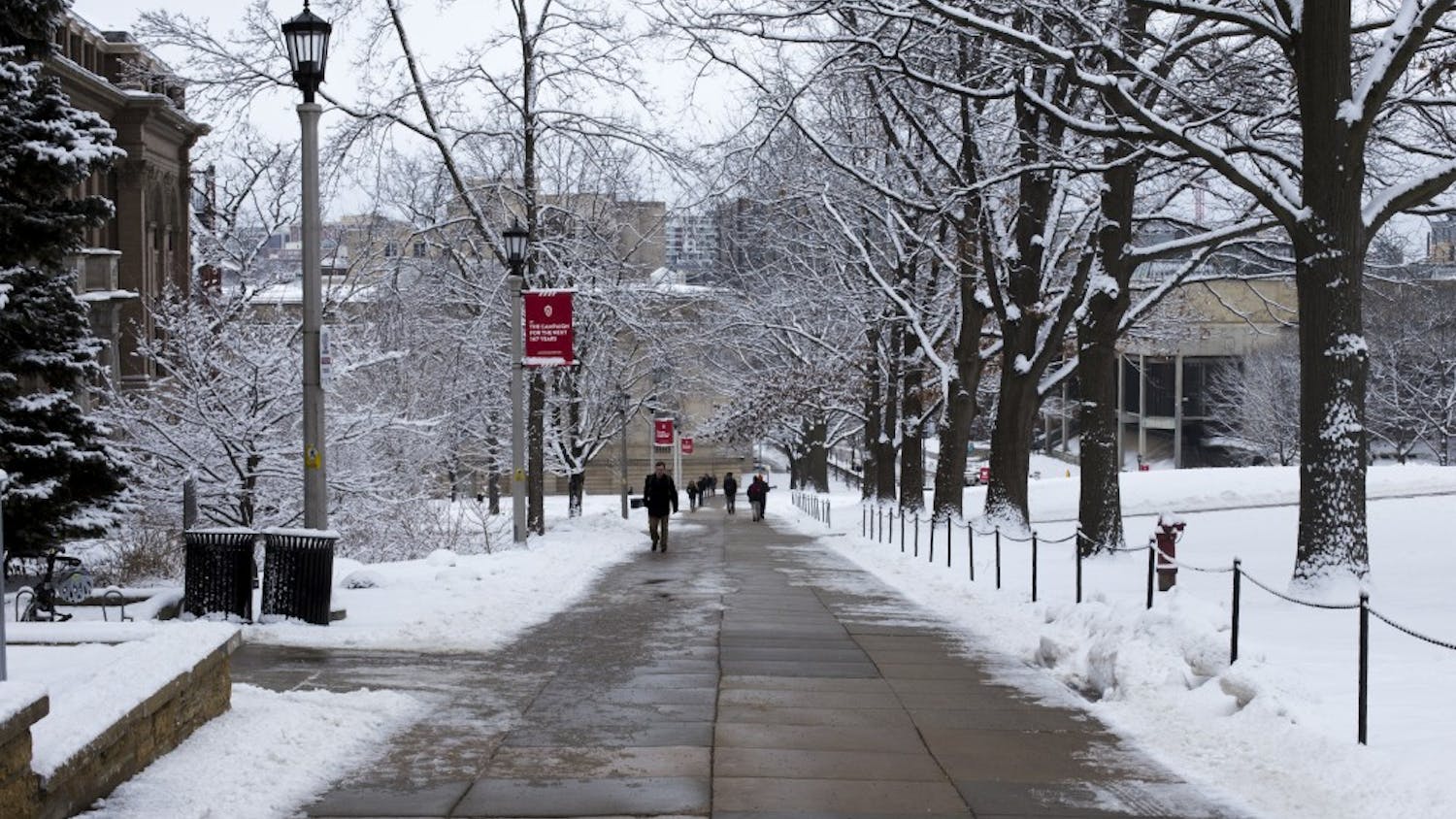Republican lawmakers introduced a bill on free speech and academic freedom on college campuses, following longstanding concerns from conservative politicians on ideological diversity and free speech on Wisconsin college campuses.
The bill’s author, Rep. Amanda Nedweski, R-Pleasant Prairie, said the bill ensures free speech for everyone on college campuses, sharing concern over students facing "hostility” from peers and faculty, forcing them to “self-censor or fear of academic retaliation.”
Nedweski told The Daily Cardinal, the bill mirrors similar legislation in 19 other states and current Regent policy 4-21, the University of Wisconsin System’s commitment to free expression, allowing for academic institutions to face legal consequences for any free speech violations to free speech on campus.
The bill outlines consequences for public universities and technical colleges for violating free speech laws. They include two-year tuition freezes, legal damages and a possible requirement that the institution state their free speech violation on admissions documents for four years after the offense, Nedewski told The Daily Cardinal.
UW System Media Relations Director Mark Pitsch told the Cardinal freedom of expression is a critical component for students and said the system will “continue to champion and preserve First Amendment rights across our universities.”
Under the bill, institutions would also be required to provide annual instruction on the First Amendment and conduct a survey on academic freedom and political bias every two years for students and faculty.
“We want to, first of all, make sure that students understand what is and is not protected under the First Amendment,” Nedweski told the Cardinal.
Sen. Rachael Cabral-Guevara, R-Appleton, a co-author of the bill, told the Cardinal civil dialogue on college campuses has faced both direct and indirect threats and needs to be protected.
“Freedom of speech is one of the core principles at the heart of our country,” Cabral-Guevara said. “The goal of this proposal is to clearly codify that very right on our college campuses.”
The press release cited a 2023 UW System survey finding more than half of students admitted to self-censoring, particularly Republican students. It also included a study showing 99.1% of political donations by University of Wisconsin-Madison faculty went to Democratic candidates or causes.
“If you're a conservative professor, you’re really an outlier,” Nedweski said. “It is difficult to get through sometimes to students or colleagues that it’s okay to have differing viewpoints.”
College Democrats of Wisconsin Vice Chair Ty Schanhofer told the Cardinal the bill isn’t as effective as the authors believe.
“Look around the Wisconsin campuses we have,” Schanhofer said. “I don’t think you see a chilling or silencing of speech from liberals at all.”
Schanhofer mentioned multiple prominent conservative faculty at UW-Madison, including former political science professor Ryan Owens, who ran for Wisconsin attorney general as a Republican in 2022, and former economics professor Kim Ruhl, who is now a top adviser for President Donald Trump.
“It’s misguided to say that Republicans don’t have a voice here,” Schanhofer told the Cardinal. “This bill doesn’t reflect reality.”
After Jimmy Kimmel’s late-night show was pulled from air for six days due to Kimmel's remarks against conservative media personality Charlie Kirk’s assasination, Schanhofer said the authors skew the issue of free speech.
“Democrats are the party of free speech,” Schanhofer told the Cardinal. “Republicans are going after everybody who doesn’t agree with them.”
The press release provided figures by the Foundation for Individual Rights and Expression showing 35% of UW-Madison students would, in rare circumstances, find violence acceptable to stop a campus speaker.
“When society begins to accept the very false premise that dissenting speech is equivalent to violence, we create a culture where violence replaces discourse,” Nedweski said. “We can’t have that, it’s time for us to intervene.”
The bill was on the calendar before the killing of Kirk on Sept. 10, but Nedweski said it’s more important than ever to look at what can be done to make changes on campuses.
UW-Madison College Republicans Co-President Benjamin Rothove told the Cardinal he supports the bill and expressed concern for conservative college students.
“After the assassination of Charlie Kirk, it is important for all colleges to understand why conservatives feel unsafe on campus,” Rothove said.
Though Nedweski said the UW System continues to oppose the bill, she believes UW President Jay Rothman shares her common goal to uphold free speech and wants to work with him further.
“The door is open for them to come and talk to us,” Nedweski said. “I’m always willing to... work together to find a place of common ground. I hope that we can get there this session.”






